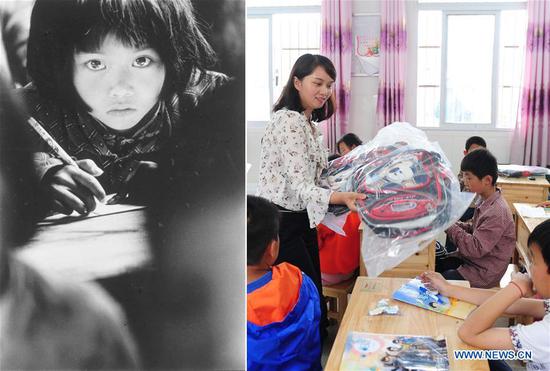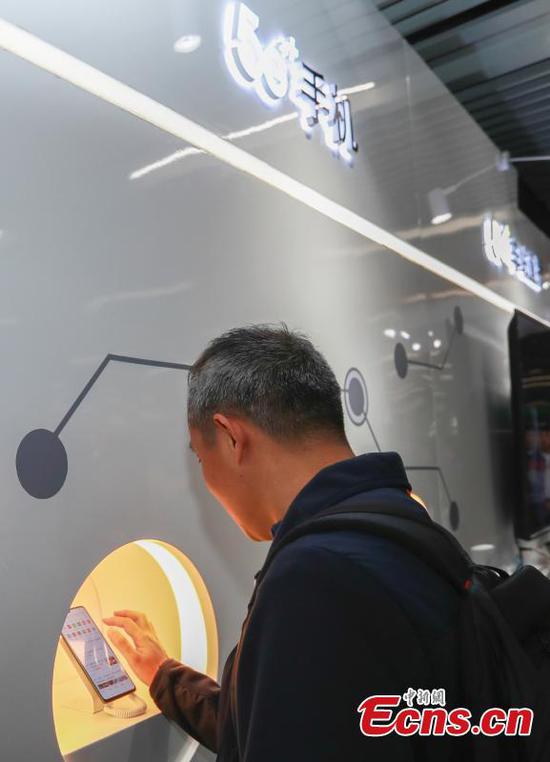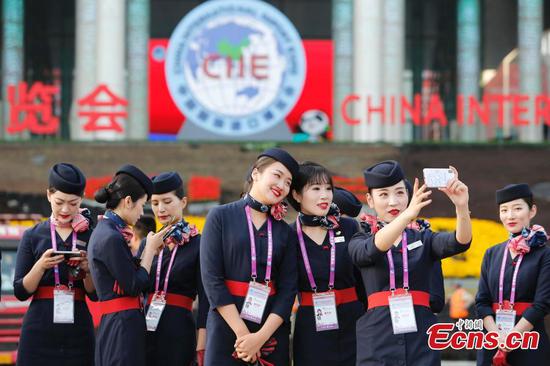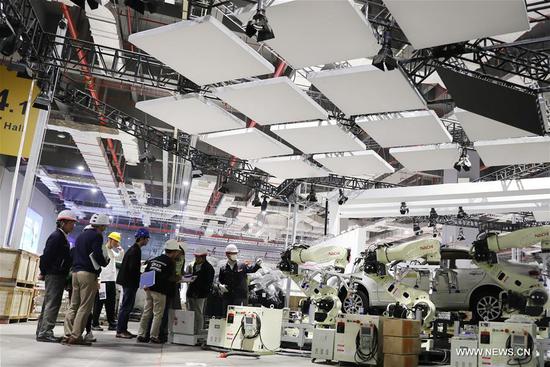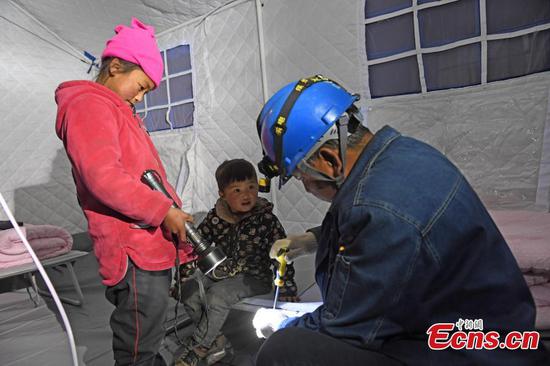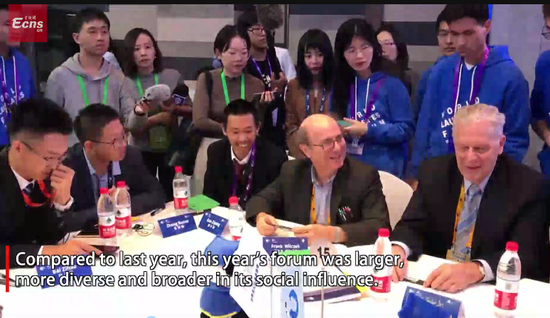Guo Feng, a counseling psychologist from ELG, a social enterprise dedicated to providing developmental, behavioral and mental health services in Shanghai, said millennials have no problem meeting their basic needs such as food and clothing, but they need self-fulfillment.
"Such a demand is not easy to satisfy," Guo explained. "Anyone who first enters the workforce has to start from the lowest rung in the company, which makes it hard for them to have a sense of self-fulfillment."
Guo described millennials as the "snowflake generation," who are fragile, unstable and have a sense of self-entitlement. "They think they can achieve many things so if they cannot get what they want immediately, they want to escape."
But some say it is an overstatement to describe millennials as such. According to Robert Moore, Professor Emeritus of Anthropology Department at Rollins College, job hopping is one way in which millennials are responding to influences that are new and different from the influences their parents faced.
"They are not forced to demonstrate their commitment to family, ancestors or the project of building socialism in China, but they are faced with fierce competition in the economic sphere and job hopping is probably one response to this," Moore said.
The negative stigma associated with job-hopping is also waning. Diana Ye, human resource manager at a multinational corporation based in Shanghai, said that if HR can see a clear career path from a candidate who has an extensive history of job-hopping – for example, if every career jump leads to a higher title or a better company – they would be interested in talking to the candidate despite the frequent career switch.
Loyalty is valued more on the part of mid-level career professionals who have stayed in the company for more than six years, Ye added, since they are already at the management position in the company.
It is not uncommon to see millennials switching jobs from state-owned enterprises to private sectors, and the other way around. The increased diversity in job opportunities is a result of China's economic reform, from one reliant on a planned economy to a market-driven private sector. Today China's private sector contributes more than 60 percent of China's GDP growth and nine out of 10 new jobs, according to data provided by the All-China Federation of Industry and Commerce.
But the hyper-competitive environment in the private sector also means high pressure. Today's young generations are facing high KPI requirements, and work-related stress may lead to a state of physical or emotional exhaustion, said Guo, the counseling psychologist. He suggested that companies take measures to help their staff overcome "burnout."
Multinational companies, and now increasingly home-grown tech companies in China, are offering generous employee benefits, from nap pods to free lunch for family members of employees. ByteDance, China's tech unicorn, is famous for its free meals, afternoon tea, massage seats and rent subsidies.
But quirky employee benefits are definitely not all that millennials are after. "The new spirit of individualism is the most powerful driving force for this generation, and the need to find a sense of one's place in society," said Moore. Millennials probably need to be given more time and space to figure out what they truly want.










